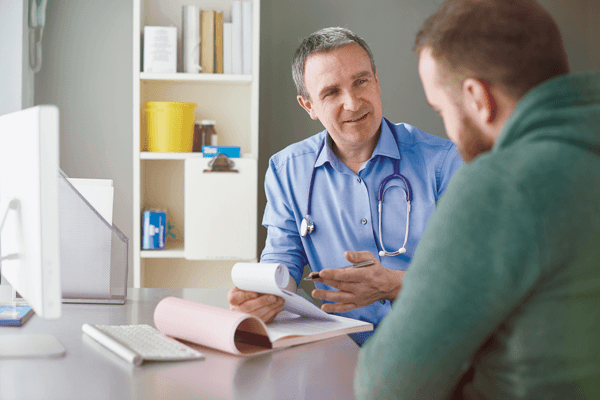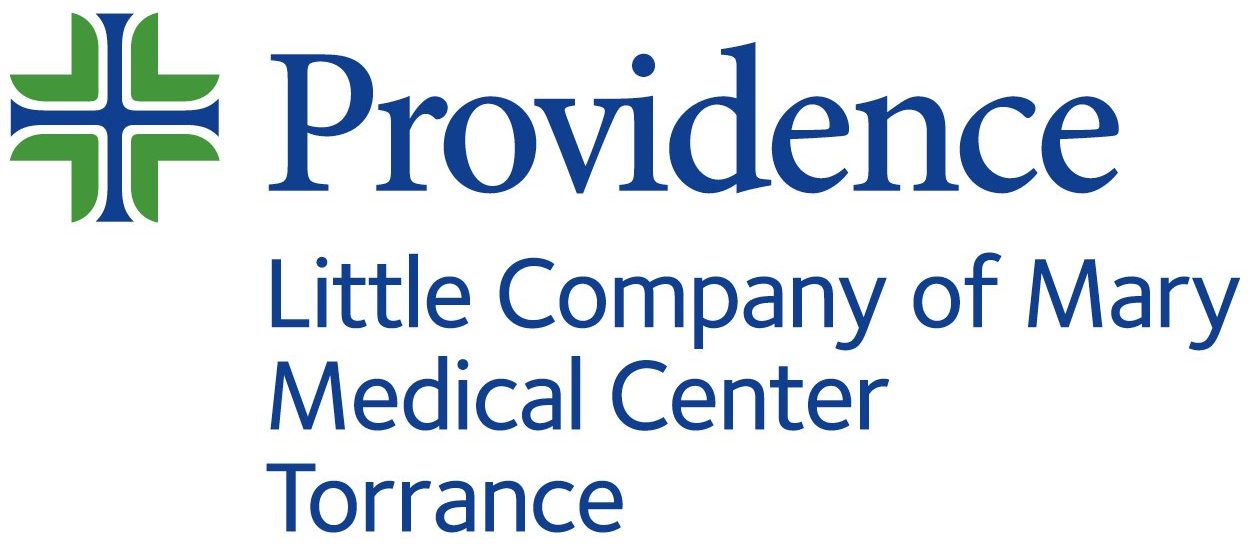Use Antibiotics Safely
Antibiotics can be life-saving medicines, but using them incorrectly can harm your body. Taking antibiotics when you shouldn’t can lead to antibiotic resistance. This means the medicines that used to work to fight off harmful bugs won’t work anymore. You can improve antibiotic use after you’re discharged. Start by taking these steps:
- Keep up with vaccines. Vaccines help prevent diseases from spreading and infections that may require antibiotics.
- Wash your hands. This is one of the best ways to prevent the spread of germs that cause infections and keep yourself and your family healthy.
- Ask about symptom relief. Talk to your doctor about how to relieve symptoms of your illness so you can feel better.
- Only take antibiotics for infections caused by bacteria. Antibiotics don’t help illnesses caused by viruses, like colds and the flu.
- Ask about watchful waiting. Some bacterial infections can get better without antibiotics. Your doctor may recommend waiting a few days to see if you get better before giving you antibiotics.
- Take antibiotics as prescribed. Even if you feel better, do not skip doses or stop taking an antibiotic early without approval from your doctor.
- Throw leftover antibiotics away. Ask your pharmacist about the best way to get rid of leftover antibiotics.

Antibiotics in the Hospital
While you’re in the hospital, your doctor will review your medicines, including antibiotics, regularly. He or she may change the dose or stop giving you the antibiotic if you don’t need it anymore. If you’re taking antibiotics outside the hospital, it’s important to finish them unless your doctor gives you different instructions. This helps to make sure the antibiotics will help you if you ever need them again.


